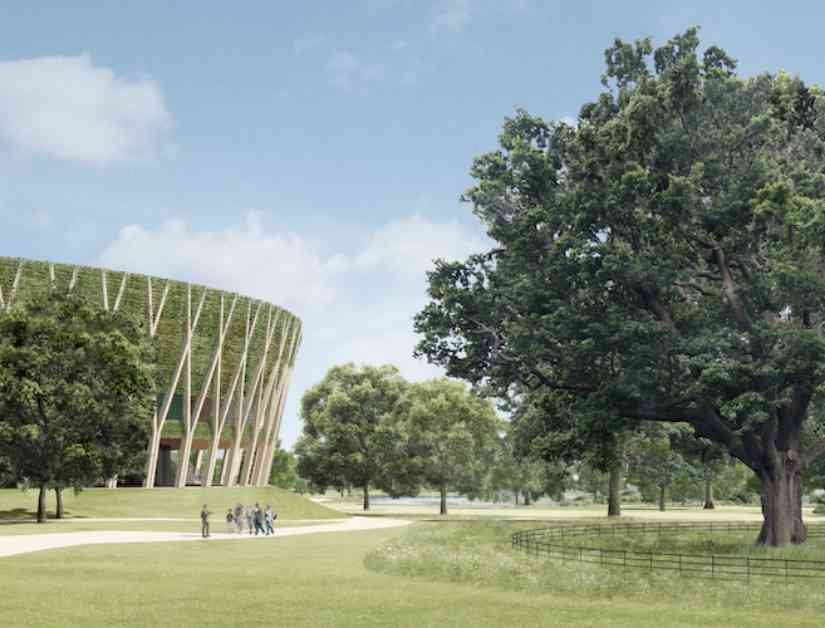City Hall has given the green light to the All England Lawn Tennis Club (AELTA) to expand its Wimbledon operation, despite some opposition. However, the good news is that this decision will not be used for political gain by higher government powers.
Angela Rayner, the Secretary of State for Housing, Communities, and Local Government, could have intervened in this matter. She could have overridden Jules Pipe, Sadiq Khan’s deputy for planning, who approved the AELTA’s plans. But Rayner chose to let London’s government handle strategic planning decisions, staying true to her role.
The difference in approach between Rayner and her predecessor, Michael Gove, is quite clear. Gove, known for his controversial interventions in planning policies, often put politics before sound judgment. His actions, like blocking Marks & Spencer’s store redevelopment and intervening in the MSG Sphere project, were seen as attempts to undermine Khan’s decisions for political gain.
Rayner’s recent letter to Khan, revoking Gove’s orders and emphasizing the importance of boosting London’s output, shows a more cooperative approach. This signals a shift towards a more streamlined planning process, following discussions between London officials and the UK government.
The decision to allow City Hall to take the lead in the Wimbledon expansion, resolving the deadlock between two Labour-run boroughs, demonstrates a proper use of mayoral authority. While some local campaigners may be unhappy, this move secures the future of Wimbledon as a prestigious tennis tournament that benefits the nation’s economy.
With Gove out of the picture, the planning landscape in London is already showing signs of improvement. Rayner’s hands-off approach and focus on partnership with local authorities indicate a more positive direction for future planning decisions.
As the dynamics between City Hall, boroughs, and the UK government continue to evolve, it is crucial to maintain a balance of power and ensure that decisions are made in the best interests of London and its residents. The recent developments surrounding Wimbledon and other planning projects reflect a shift towards more collaborative and strategic decision-making processes under Rayner’s leadership.
Overall, the impact of Gove’s departure on Wimbledon plans and other key projects in London highlights the importance of sound judgment, cooperation, and a shared vision for the city’s development. By prioritizing long-term benefits over political point-scoring, London’s planning authorities can work together to shape a sustainable and prosperous future for the capital.





















